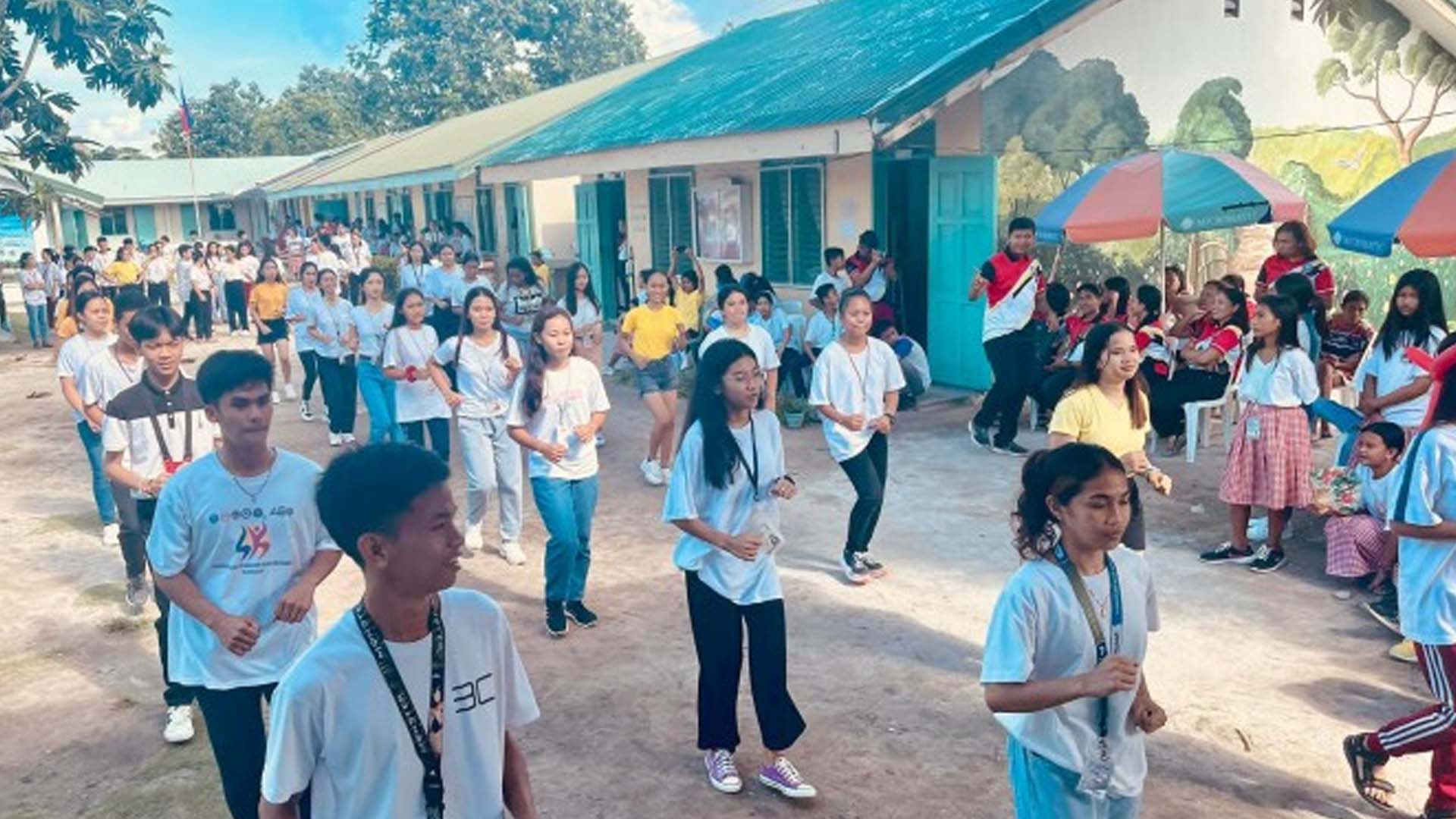Government agencies will check the status of 37,474 learners from poor families listed under the Pantawid Pamilyang Pilipino Program (4Ps) who dropped out of school in the previous academic year.
Paula Unay, 4Ps program coordinator of the Department of Social Welfare and Development (DSWD) in Eastern Visayas, said they will conduct extensive case management for households with children not attending school.
“Even one child that drops out of school is already alarming. We will see what interventions we can extend to those children who stopped coming to school,” Unay said in an interview on Tuesday.
Among the possible reasons cited by DSWD are early pregnancy, child labor, lack of interest, and the absence of secondary schools in their communities.
Department of Education (DepEd) Eastern Visayas assistant regional director Ronelo Al Firmo said they will meet with DSWD officials to discuss the concern.
“If they (learners) are pregnant or taking care of their child, we can still encourage them to continue their schooling through the Alternative Learning System (ALS),” Firmo said in a press briefing.
Under ALS, students are required to come to school twice or three times a week and go through modular learning on the other days.
Of the 37,474 dropouts, 10,421 are from Leyte; 7,536 from Northern Samar; 6,698 from Samar; 3,914 from Eastern Samar; 1,720 from Southern Leyte; and 1,111 from Biliran province.
Other dropouts are from Calbayog City in Samar (2,246), Ormoc City in Leyte (1,428), Tacloban City (596), Baybay City in Leyte (589), Maasin City in Southern Leyte (494), Catbalogan City in Samar (490), and Borongan City in Eastern Samar (231).
“If they stopped coming to school, they don’t get cash grants. We don’t delist their families from the program within the school year since we want to provide guidance first,” Unay said.
The DSWD monitors at least 432,755 learners within the age range of six to 18 years belonging to families enrolled in 4Ps, a flagship program of the national government on poverty reduction and social development.
The conditional cash transfer program provides cash grants to extremely poor households to improve their health, nutrition, and education, particularly for children aged 0-18.
The program invests in human capital to break the intergenerational cycle of poverty among poor households.
Under the 4Ps, beneficiaries with grade school children receive PHP300 per month, high school children receive PHP500 a month, and those in senior high school receive a monthly stipend of PHP700.
On top of the monthly allowances for children going to school, 4Ps also provides PHP500 monthly assistance to the beneficiaries for the medical and health needs of the children.
This year, the program covers more than 275,000 poor families from six provinces in Eastern Visayas. (PNA)









